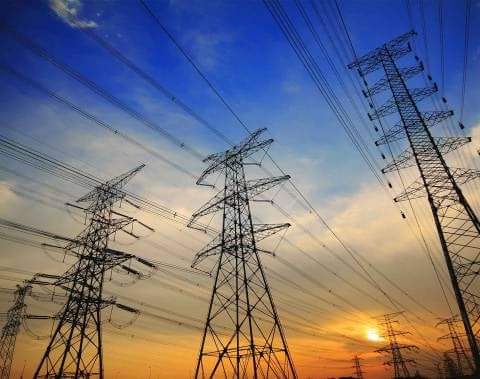
Nationwide Darkness Looms Over Shutting Down Of Power Plants
Nigeria may be thrown into darkness in the coming week as the power generation companies (GenCos) yesterday moved to shutdown their power plants over lingering debts.
Executive Secretary of the Association of Power Generation Companies (GenCos), Dr. Joy Ogaji, who confirmed the development to The Guardian, said over 90 per cent of the invoices by the power companies had not been paid.
However, it was learnt that the reduced payment was occasioned by delay in securing the budgetary top-up payment for tariff shortfall under the 2023 appropriation.
Sources familiar with the development told The Guardian that the Federal Government was expected to release the fund to NBET by next week. This is coming despite an agreement between Nigerian Electricity Regulatory Commission (NERC) and the Distribution Companies (DisCos) mandating the utility companies to comply with a remittance threshold.
While the All Progressives Congress (APC)-led government has for over seven years spoon-fed the sector with subsidies in form of tariff shortfall instead of liberalising the market and subjecting it to demand and supply, electricity tariff was increased in 2021 and has maintained a rise every six months with another review due three days after President Muhammadu hands over power to a new government.
With the threat coming from the upstream operators in the sector, there are indications that tariff increase did not improve the financial crisis in the sector as The Guardian learnt that most of the DisCos were at the verge of bankruptcy with none with a record of profit since the sector was privatised in 2013.
Yesterday, only about 3,700 megawatts of electricity was on the grid from 17 power plants. The actual generation is nothing to the pre-privatisation era.
Ogaji said that plants were “shutting down because they are unable to meet their obligations and still keep their machines on the grid.”Yearly invoices by the GenCos hovered around N400 billion going by statistics from the Nigerian Bulk Electricity Trading Company (NBET). If the claims of the GenCos are anything to take serious, over N300 billion of electricity invoices in the country are not settled.
Ogaji said the foreign exchange crisis in the country and ramping down of power generating machines have downed some power plants and pushed maintenance cost of electricity GenCos to about $4.78 billion.
Nigeria’s exchange rate has risen by about 300 per cent from the rate in 2013 when the power sector was privatized. The GenCos noted that unless the companies have special windows to access foreign exchange at official price, yearly maintenance of equipment and other dollar denominated obligations may continue to threaten electricity supply in the country.
A document made available to The Guardian showed that the 28 plants in the country would require $36 million for Hot Gas Path Inspection (HGPI) per plant, about $96 million would be needed for Major Inspection/Overhaul Quinquennial, $15 million is expected on General Spare Parts and Consumable, while Operations and Maintenance Fee would cost $24M per plant.





